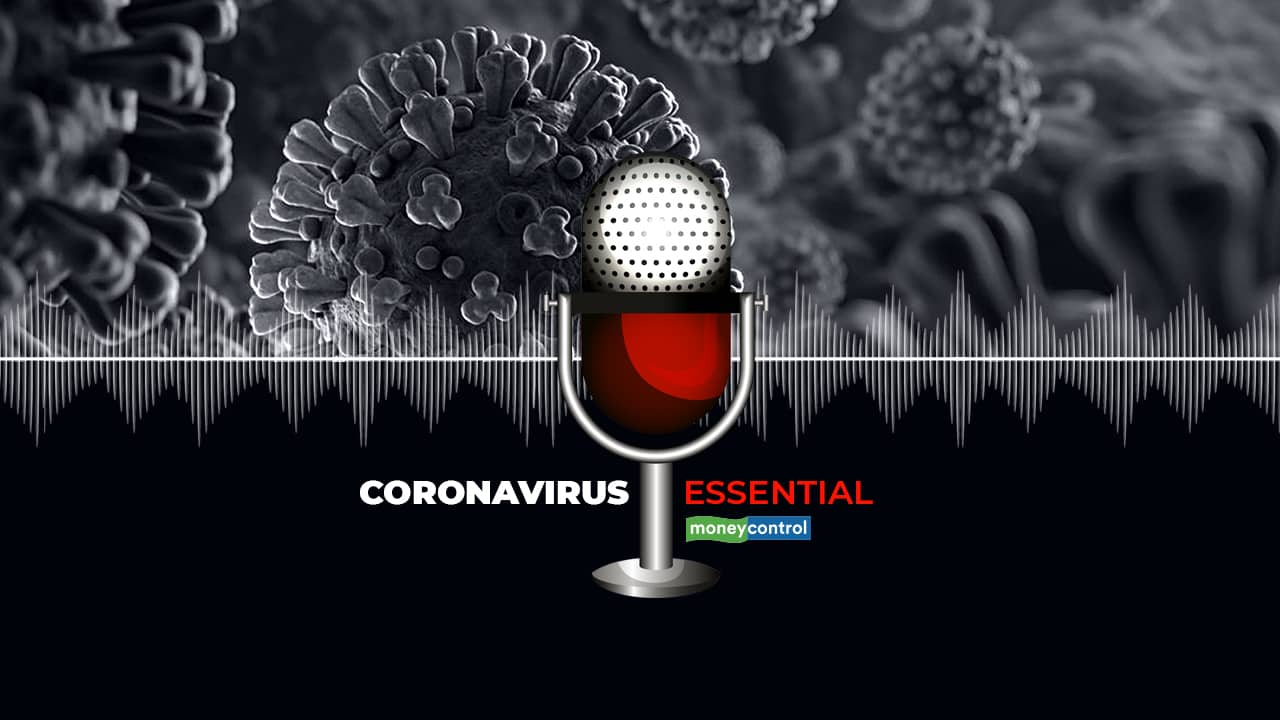The Serum Institute of India, which has partnered with AstraZeneca for manufacturing the potential COVID-19 vaccine developed by the University of Oxford, will start Phase 2 human clinical trials of the candidate this week.
Meanwhile, the chairman of SinoPharm, the Chinese pharmaceutical company that is developing the vaccine from China, said that the vaccine will be commercially available by the end of year.
Tune in to the Coronavirus Essential podcast by Sakshi Batra for the top updates on the COVID-19 pandemic.
Discover the latest Business News, Sensex, and Nifty updates. Obtain Personal Finance insights, tax queries, and expert opinions on Moneycontrol or download the Moneycontrol App to stay updated!










